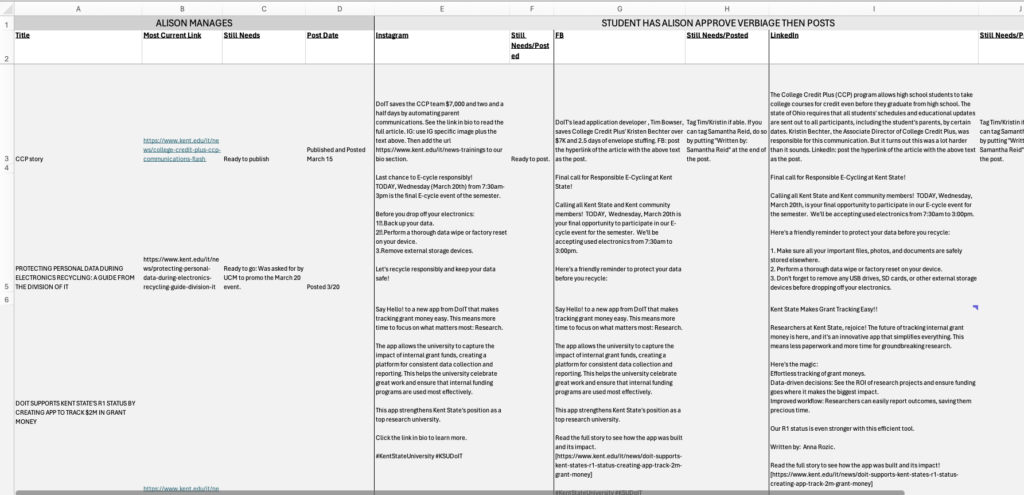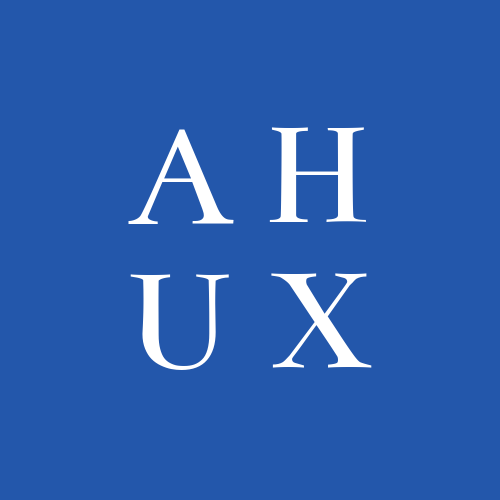1. Founder of the Equal Access Cooperative at Kent State University
BUSINESS STRATEGY, BRANDING, STORYTELLING, EDITING AND PUBLICATION, TRAINING CREATION, TEACHING
Founded by Alison Haynes and Amanda Feaster in 2021, the Equal Access Cooperative is a partnership between the Division of Information Technology and Student Accessibility Services that works to enfold and support any cross-functional accessibility effort. The three prongs of Equal Access are:
- The Equal Access Academy: 22 unique courses offered on a semesterly basis which cover technical, educational, and physical topics or provide support for students/employees with disabilities. Teams webinars with over 2000 attendees in five semesters.
- The Inside Equal Access newsletter: monthly, inspirational storytelling and education going out to students registered with Student Accessibility Services and all Kent State staff and faculty. 9000+ recipients monthly with over 50% open rate.
- Accessibility Resources and Support: multiple one-pagers with information from Academy trainings. One-on-one strategizing or technical support for digital accessibility initiatives.
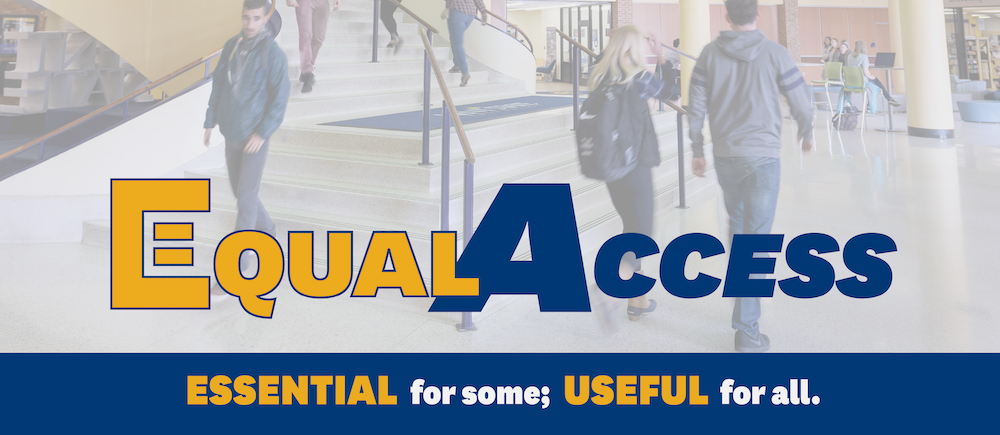
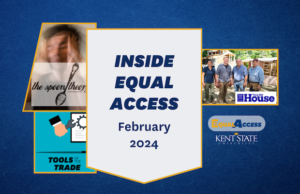
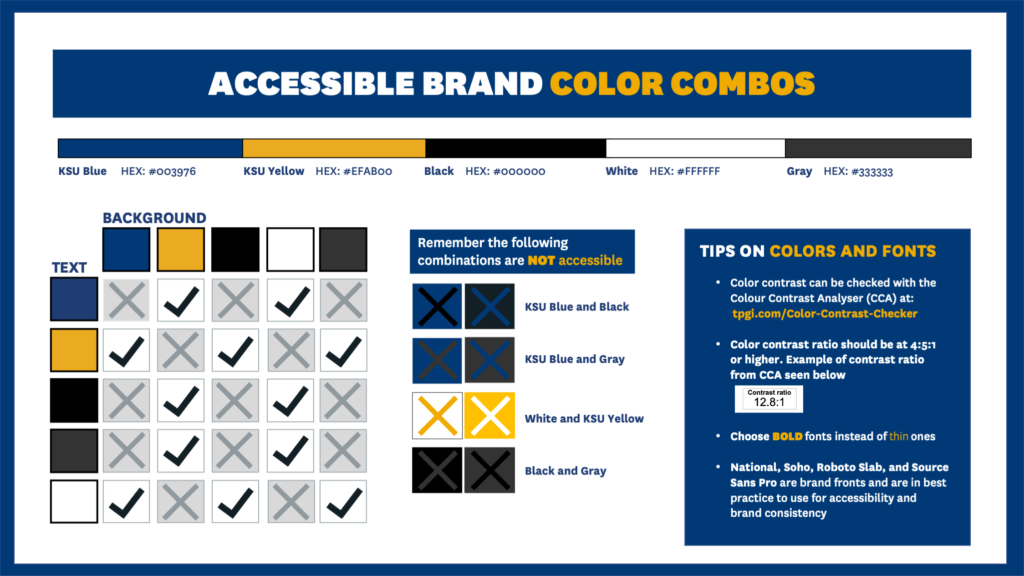

2. Established Technical Storytelling Team Comprised of Interdisciplinary Students for the Division of IT
TECHNICAL WRITING, BUSINESS STRATEGY, STORYTELLING, EDITING AND PUBLICATION, BRANDING, SOCIAL MEDIA STRATEGY, WEB DEVELOPMENT, MENTORING
Visit our News Archive
The Division of IT wanted to develop a persuasive storytelling campaign but did not have funding for a full-time employee. When divisional communications was added to my role in early 2022, I knew student writers would be the foundation of our messaging.
I set a lofty goal: hire students from diverse majors and backgrounds and train them to become technical writers capable of completing a full story cycle, from pitch to web development and social media posting.
Over 70 students applied and I eventually hired four part-time student writers majoring in Fashion Merchandising, English, Digital and Media Productions, and Business Analytics. The key qualities I was looking for were curiosity and an ability to break down complex subjects into smaller, more understandable pieces.
Fall 2023, their first semester, was a purposely uphill climb for them. I handed them the transcription (not even the video!) of an interview I had conducted with a student life professional and an EMP developer about the streamlining of data flow. In addition, I provided messaging playbooks and teaching on technical writing.
Their first assignment? Create two persuasive stories about the partnership between student life and the Division of IT: one meant for wide publication that focuses on gained value over technical details and one for internal, divisional publication that contains more technical information and highlights the DoIT employee’s innovation and partnership.
By November 2023, they were fully onboarded tracking their progress on a kanban board. I shadowed as they conducted interviews, developed outlines and then drafts, fact-checked with interviewees, then used Drupal (web CMS) to upload and format their articles. Spring semester 2024 they began to work autonomously but still face a rigorous approval and editing process with me, as seamless technical writing is still too high of an expectation for student writers.
Our technical storytelling team has become very close as they’ve developed truly marketable skills and I am immensely proud of their persistence and aptitude. They have created interview question banks, generated story ideas, interviewed developers and data analysts, and translated complex, unfamiliar concepts into compelling stories.




